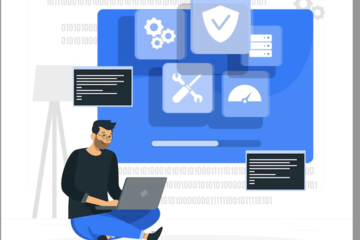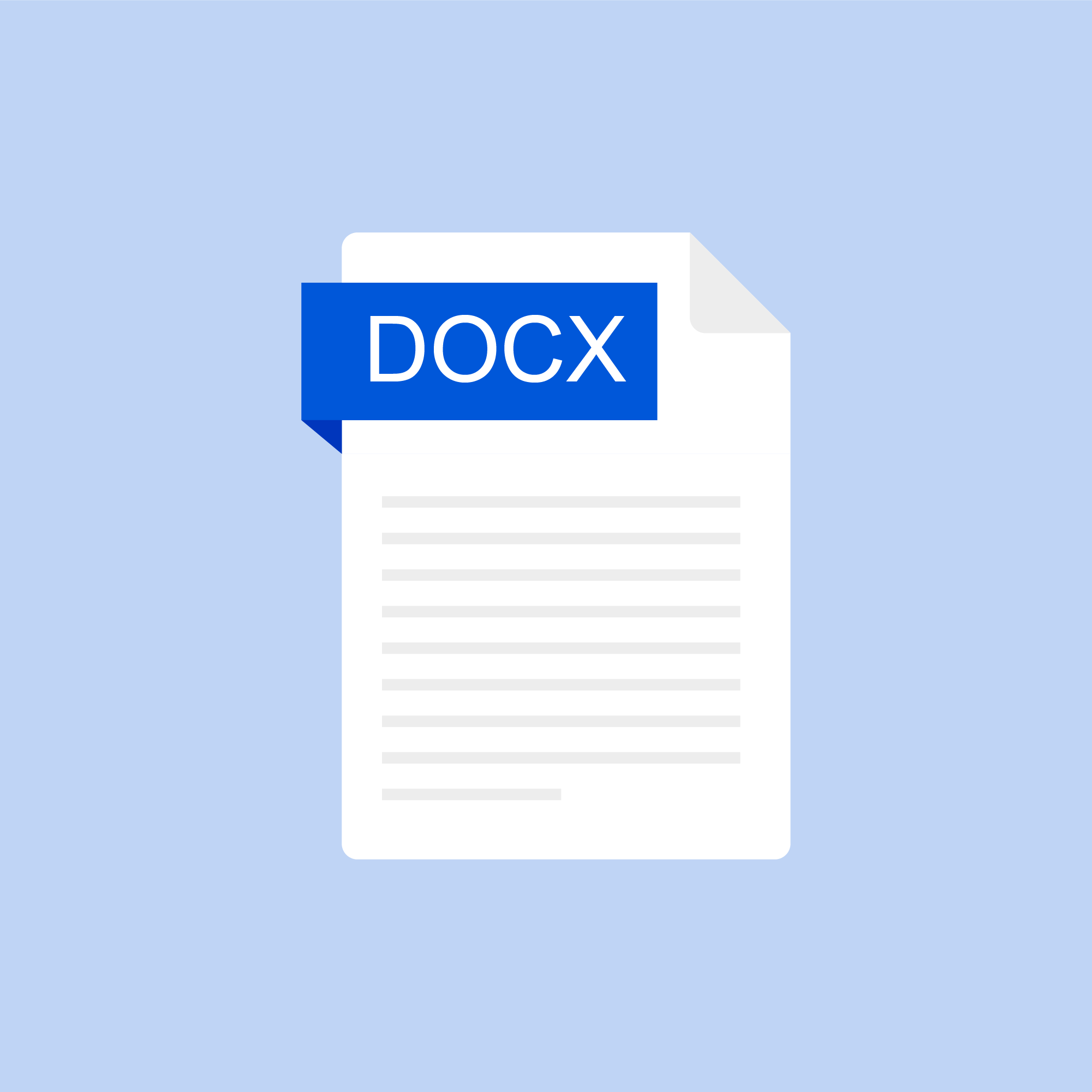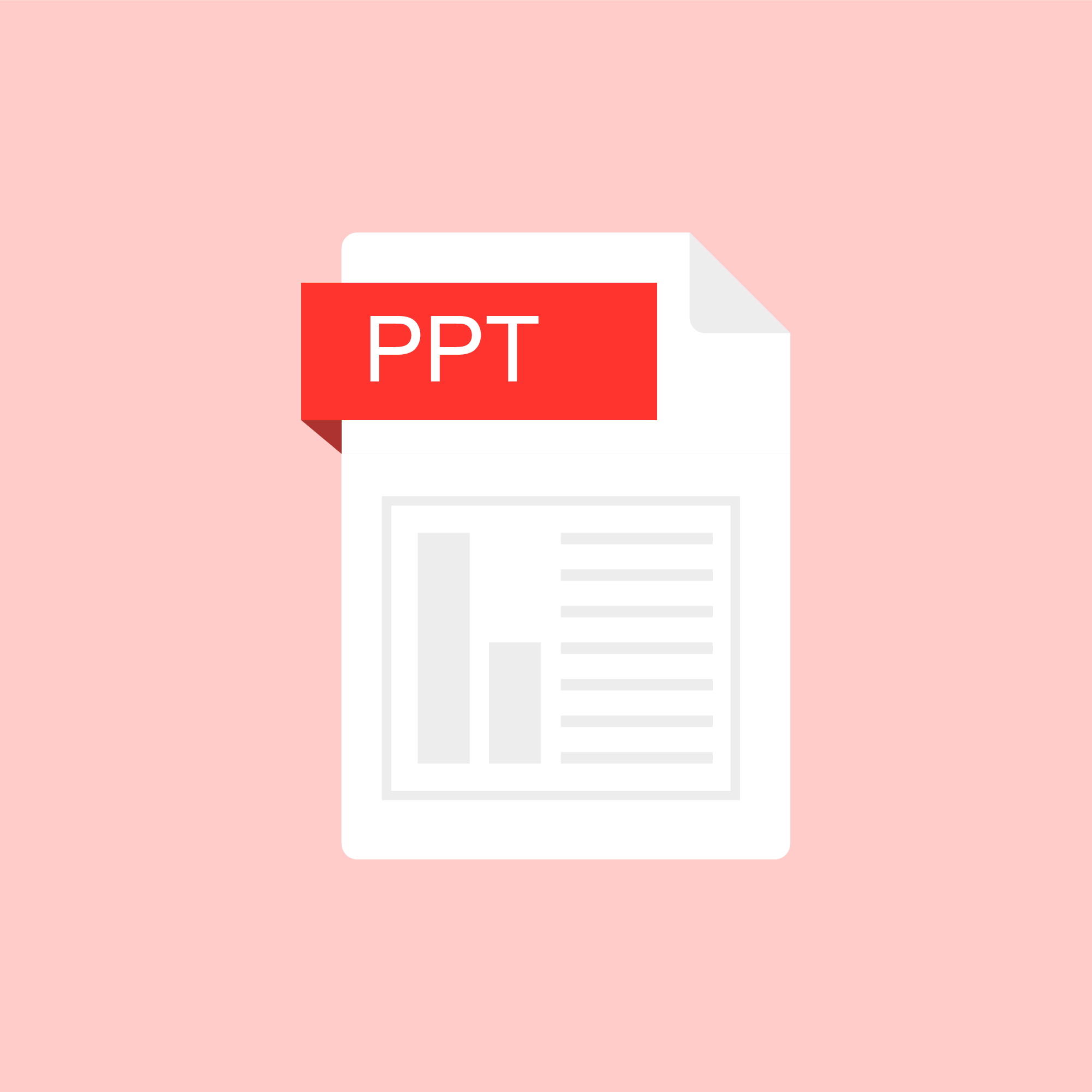Results for "world"
4 Results
Translation Networks in the Decolonising World
Translation Networks in the Decolonising World, 1950s–1970sKing's College, University of Cambridge | 24–25 April 2026
The 1950s to the 1970s was a transformative period marked by anticolonial struggles, national independences, and non-aligned solidarities across Africa, Asia, and Latin America. These groundbreaking political shifts went hand-in-hand with profound cultural and ideological exchanges across continents. Central to these exchanges were translation networks—dynamic, often informal systems through which ideas filtered across linguistic and national boundaries. These networks not only facilitated the dissemination of anticolonial and more broadly revolutionary thought, but also helped forge new identities and solidarities in a bipolarised world. From clandestine literature, revolutionary manifestos, political speeches, to broadcasting and print journalism, translation operated as an essential tool for decolonisation. Yet, despite their significance, these translation networks remain underexplored. This conference seeks to shed light on the multifaceted role of translation in the decolonising world between the 1950s and 1970s. It seeks to examine how translation—whether cultural or linguistic, diplomatic or political—served as a bridge for ideas, theories, and strategies that fueled anticolonial struggles, fostered regional solidarities, and contributed to the dissemination of counterhegemonic discourses. This conference seeks to redress narratives that often overlook translation’s role in shaping political and cultural transformation by foregrounding the networks of translation that enabled dialogue between communities, intellectuals, and revolutionary movements. It aims to explore how translation practices facilitated the circulation of anti-colonial ideas, shaped notions of identity and sovereignty, and influenced the formation of new political and cultural realities in the decolonising world.
We invite proposals for papers of relevance to the subject of the conference, which might include considerations of:
The role of translation in the dissemination of anticolonial thought;
The translation of revolutionary texts (e.g., manifestos, poetry, political speeches, print journalism) as well as oral traditions and indigenous knowledge that supported anticolonial narratives;
The role of translation as a tool for transnational and transcontinental solidarity;
The role of transnational and transcontinental alliances (e.g., the Non-Aligned Movement) in facilitating ideolog
The role of translation in the dissemination of anticolonial thought;
The translation of revolutionary texts (e.g., manifestos, poetry, political speeches, print journalism) as well as oral traditions and indigenous knowledge that supported anticolonial narratives;
The role of translation as a tool for transnational and transcontinental solidarity;
The role of transnational and transcontinental alliances (e.g., the Non-Aligned Movement) in facilitating ideological exchanges and collaborations;
The role of translation in national, transnational, and transcontinental conferences, festivals, and organisations;
The translation and/or adaptation, reinterpretation, and dissemination of Afro-Asianism, Marxism, nationalism, Pan-Africanism, and/or Pan-Arabism;
The influence of radio, print, and emerging broadcasting or recording technologies in spreading anticolonial ideas in translation;
The role and agency of individual translators in establishing transnational and transcontinental connections;
Comparative perspectives on the intersection of translation and decolonisation in Africa, Asia, and Latin America.
The conference will be in-person at King’s College, University of Cambridge.
To submit a proposal, please include in one document the following information: proposals for 20-minute papers (300 words), paper title, and participant(s) biography (100 words).
Please submit proposals by e-mail to Georgia Nasseh (gsn25 [at] cam.ac.uk).
The deadline for submissions is 15 October 2025.
Contact Information
Dr Georgia NassehResearch Fellow in the Literatures of the Global SouthKing's College, University of Cambridge
Contact Email
gsn25@cam.ac.ukRead more: https://networks.h-net.org/group/announcements/20122618/cfp-translation-networks-decolonising-world-1950s-1970s
By:
Scott Henderson
Tuesday, Aug 19, 2025
CULTURE AND SOCIETY
+1

Leave a comment
Natural Plant Products: A Less Focused Aspect for the COVID-19 Viral Outbreak
The sudden emergence of COVID-19 caused by a novel coronavirus (nCoV) led the entire world to search for relevant solutions to fight the pandemic. Although continuous trials are being conducted to develop precise vaccines and therapeutic antibodies, a potential remedy is yet to be developed. Plants have largely contributed to the treatment of several human diseases and different phytoconstituents have been previously described to impede the replication of numerous viruses. Despite the previous positive reports of plant-based medications, no successful clinical trials of phyto-anti-COVID drugs could be conducted to date. In this article, we discuss varying perspectives on why phyto-anti-viral drug clinical trials were not successful in the case of COVID-19. The issue has been discussed in light of the usage of plant-based therapeutics in previous coronavirus outbreaks. Through this article, we aim to identify the disadvantages in this research area and suggest some measures to ensure that phytoconstituents can efficiently contribute to future random viral outbreaks. It is emphasized that if used strategically phyto-inhibitors with pre-established clinical data for other diseases can save the time required for long clinical trials. The scientific community should competently tap into phytoconstituents and take their research up to the final stage of clinical trials so that potential phyto-anti-COVID drugs can be developed.
By:
rupali
Tuesday, May 25, 2021
AGRI-FOOD SYSTEMS
+2

Leave a comment
venture capital :
World Economic Outlook Reports
A Survey by the IMF staff usually published twice a year. It presents IMF staff economists' analyses of global economic developments during the near and medium term. Chapters give an overview as well as more detailed analysis of the world economy; consider issues affecting industrial countries, developing countries, and economies in transition to market; and address topics of pressing current interest. Annexes, boxes, charts, and an extensive statistical appendix augment the text.
By:
Vijaya Super admin
Wednesday, May 12, 2021
EDUCATION

Leave a comment
Global Warming
Education is at the center of building human capital. The latest https://www.worldbank.org/en/news/press-release/2018/10/11/if-countries-act-now-children-born-today-could-be-healthier-wealthier-more-productive">World Bank research shows that the productivity of 56 percent of the world’s children will be less than half of what it could be if they enjoyed complete education and full health.
By:
Vijaya Super admin
Wednesday, May 12, 2021
EDUCATION



Leave a comment